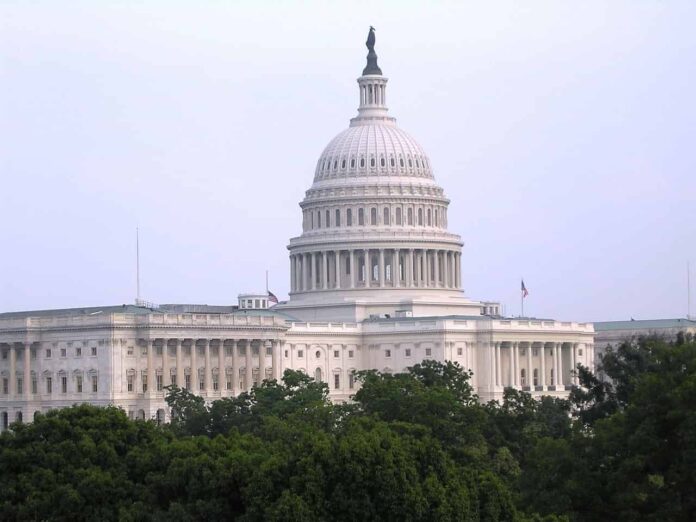The United States government has once again made headlines in the crypto market, this time by initiating a Coinbase transfer of US funds in the form of a significant amount of seized Bitcoin (BTC) to the prominent digital asset exchange. According to data tracked by blockchain analytics firm Arkham Intelligence, the US government moves Bitcoin totaling 58.742 BTC, valued at nearly $4 million, to Coinbase on Monday. This government Bitcoin transfer is part of the government’s ongoing efforts to liquidate its substantial cryptocurrency holdings, which currently stand at over $14 billion in value, through government Bitcoin liquidation.
The Seized Funds and Their Origins
The Bitcoin transferred to Coinbase originated from a government wallet labeled “U.S. Government: Ryan Farace Seized Funds,” which was identified on-chain as 3B2jEBZi8fJWGEDrh6Pe7hDMaJ6iGfFtaU. These funds were seized three years ago from Ryan Farace, who was convicted in 2018 for selling Xanax pills on the dark web, leading to a criminal conviction. Farace’s father, Joseph Farace, was later convicted as well for his involvement in money laundering and trafficking the Bitcoin proceeds that were intended for federal forfeiture.
Read More: Joe Biden Ends Re-Election Campaign; What’s the Reason?
The Department of Justice’s Recovery Efforts
The Department of Justice (DOJ) eventually achieved digital asset recovery of a total of 2,933 BTC from the Farace father-son duo and announced its intention to proceed with a US government Bitcoin sale in January of this year. The latest movement of funds, which has emptied the Ryan Farace seized funds address, is likely a step towards this planned government Bitcoin auction.
Potential Impact on the Cryptocurrency Market
The seized Bitcoin transfer of 58.742 BTC to Coinbase represents less than 1% of Bitcoin’s 24-hour BTC trading volume, which currently stands at over $35 billion, according to data from CoinGecko. As such, the potential US government Bitcoin liquidation of these funds through Coinbase is unlikely to cause significant selling pressure or have a major negative market impact on the Bitcoin price.
Comparison to the Saxony State’s Bitcoin Sale
This latest move in the government Bitcoin sale to Coinbase can be contrasted with the recent large-scale sale of Bitcoin by the German state of Saxony. Between June 19 and July 12, Saxony sold 49,858 BTC, which drove the token’s spot price as low as $53,500 at one point, causing a notable Bitcoin price decline. In comparison, the potential Bitcoin liquidation by government of the seized Bitcoin by the U.S. government is not expected to cause similar market volatility or price fluctuation.
The U.S. Government’s Substantial Cryptocurrency Holdings
It’s worth noting that the US government Bitcoin funds still include a substantial amount of cryptocurrency, with over 213,000 BTC worth more than $14 billion. This vast portfolio of seized digital assets resulting from cryptocurrency seizure underscores the government’s growing involvement and influence in the cryptocurrency ecosystem.
Conclusion
The US government Bitcoin transaction involving the transfer of seized Bitcoin worth $4 million to Coinbase is a significant event in the ongoing evolution of the cryptocurrency industry. It demonstrates the government’s active involvement in the digital asset ecosystem, from the cryptocurrency seizure of illicit funds to the Bitcoin liquidation by government of these assets. As the regulatory landscape continues to evolve, industry participants must remain vigilant and adapt to the changing dynamics to ensure compliance and navigate the complex regulatory environment.
Disclaimer: The information provided in this article is for informational purposes only and does not constitute financial advice. Investing in cryptocurrencies involves risks, and readers should conduct their own research and consult with financial advisors before making investment decisions. Hash Herald is not responsible for any profits or losses in the process.













